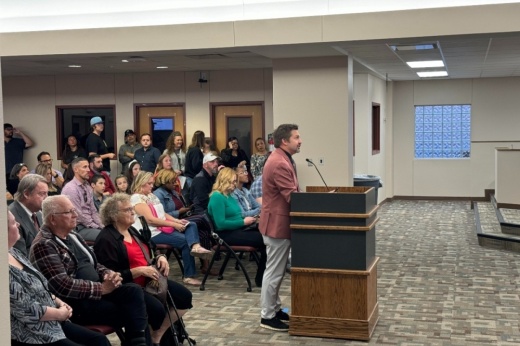The details
According to a district news release, trustees examined feedback from recent staff listening sessions conducted at all 34 district schools. To improve teacher and staff salary and benefits, provide better pay transparency, and incentivize veteran teachers to stay in the district, the board approved the following measures:
- Teacher and staff raises: All staff will receive a 2% midpoint raise, with some teachers with more years of service receiving more for equity adjustments.
- Veteran teacher pay scale: Many veteran teachers will see salary adjustments to increase overall compensation for total years of service.
- Teacher pay scale transparency: Every teacher with the same years of service will receive the same base salary. Moving forward, a chart will be presented that will show every teacher their base pay by years of service before stipends are added.
- Longevity stipend: This will be awarded to staff members who have worked for Northwest ISD for more than five years.
Chief Financial Officer Jonathan Pastusek said in order to provide these measures, it would cost the district $5.82 million. Furthermore, he said it would cause the district’s maintenance and operations budget—the budget used for district expenses such as salaries and utilities—to be at a shortfall of more than $14 million for fiscal year 2024-25.
The news release states if NISD does not receive additional revenue in 2025, it will join school districts across the region and state in considering options such as hiring freezes, increased class size ratios, staffing attrition, programming reductions and more in the 2025-26 school year.
Board President Steve Sprowls took the opportunity to address the audience by telling people to press the Texas Legislature to provide more funding for schools and teachers.
“The job is to engage our state reps to get something better than this because 2% just isn’t enough to cover 20% inflation since 2019,” Sprowls said.
Sprowls compared teachers to workers in other industries, stating auto industry workers went on strike because a 20% pay increase wasn’t enough, and “they got their way on that.”
“We’ve got to let state legislators know that they failed us,” Sprowls said. “We need to bring respect back to the profession, and it starts with our state leadership.”





